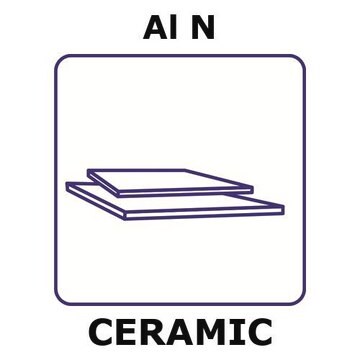Recommended Products
product name
HPCT-05-wt, 12020703
biological source
human kidney
growth mode
Adherent
karyotype
Not specified
morphology
Epithelial
receptors
Not specified
Looking for similar products? Visit Product Comparison Guide
Related Categories
Cell Line Origin
Human proximal tubule cell, kidney, electrolyte transport-competent, SV40 large T-antigen
Cell Line Description
HPCT-05-wt was developed from a primary cultures of proximal tubule epithelial cells from a 50-year old male which were infected with a replication-defective retroviral construct encoding wild-type simian virus 40 large T-antigen. Cells forming electrically resistive monolayers were selected and expanded in culture. HPCT-05-wt cells form polarized, resistive epithelial monolayers with apical microvilli, tight junctional complexes, numerous mitochondria, well-developed Golgi complexes, extensive endoplasmic reticulum, convolutions of the basolateral plasma membrane, and a primary cilium. The HPCT-05-wt cell line exhibits succinate, phosphate, and Na,K-adenosine triphosphatase (ATPase) transport activity, as well as acidic dipeptide- and adenosine triphosphate-regulated mechanisms of ion transport. Transcripts for Na+-bicarbonate cotransporter, Na+-H+ exchanger isoform 3, Na,K-ATPase, parathyroid hormone receptor, epidermal growth factor receptor, and vasopressin V2 receptor were identified. Furthermore, i mMunoreactive sodium phosphate cotransporter type II, vasopressin receptor V1a, and CLIC-1 (NCC27) were also identified. The Y chromosome could not be detected in this cell line by short tandem repeat (STR)-PCR analysis when tested at ECACC. It is a known phenomenon that the Y chromosome can be rearranged or lost in cultured cells resulting in lack of detection. The cell line is identical to the source provided by the depositor based on the STR-PCR analysis. HPCT-05-wt will differentiate at confluence when cultured on a microporous support. The cells should be seeded at 105 cells/cm2 on collagen-coated 30 mM Millicell-CM culture plate inserts (0.4 μm, Millipore) at 37 °C. EGF and serum should be omitted from the apical side of the chamber. On differentiation the cells form polarised resistive epithelial monolayers with apical microvilli, tight junctional complexes, numerous mitochondria, well-developed Golgi complexes, extensive endoplasmic reticulum, convolutions of the basolateral plasma membrane and primary cilium.
DNA Profile
STR-PCR Data:
Amelogenin: X
CSF1PO: 10
D13S317: 9
D16S539: 11,13
D5S818: 12,13
D7S820: 9,12
THO1: 6,9.3
TPOX: 8,10
vWA: 14,17
Amelogenin: X
CSF1PO: 10
D13S317: 9
D16S539: 11,13
D5S818: 12,13
D7S820: 9,12
THO1: 6,9.3
TPOX: 8,10
vWA: 14,17
Culture Medium
Stemline® Keratinocyte Medium II (S0196) + Stemline® Keratinocyte Growth Supplement (S9945) + L-Glutamine (G7513) + 5 ng/ml human recombinant epidermal growth factor + 5% FBS / FCS (F2442). An alternative medium formulation can be found in Orosz et al., 2004 PMID: 14748622.
Subculture Routine
Split subconfluent cultures (70-80%) 1:3 to 1:6 using 0.25% trypsin/EDTA; 5% CO2; 37 °C. Suggested seeding density 2-4 x 10,000 cells/cm2. Saturation density is approximately 12 x 10,000 cells/cm2. Flasks must be pre-coated with Collagen Type I (C3867) diluted 1:100 with medium without serum. Coating is applied overnight at 37 °C then the flask rinsed with PBS prior to use.
Other Notes
Additional freight & handling charges may be applicable for Asia-Pacific shipments. Please check with your local Customer Service representative for more information.
Legal Information
Stemline is a registered trademark of Merck KGaA, Darmstadt, Germany
Certificates of Analysis (COA)
Search for Certificates of Analysis (COA) by entering the products Lot/Batch Number. Lot and Batch Numbers can be found on a product’s label following the words ‘Lot’ or ‘Batch’.
Already Own This Product?
Find documentation for the products that you have recently purchased in the Document Library.
Our team of scientists has experience in all areas of research including Life Science, Material Science, Chemical Synthesis, Chromatography, Analytical and many others.
Contact Technical Service






